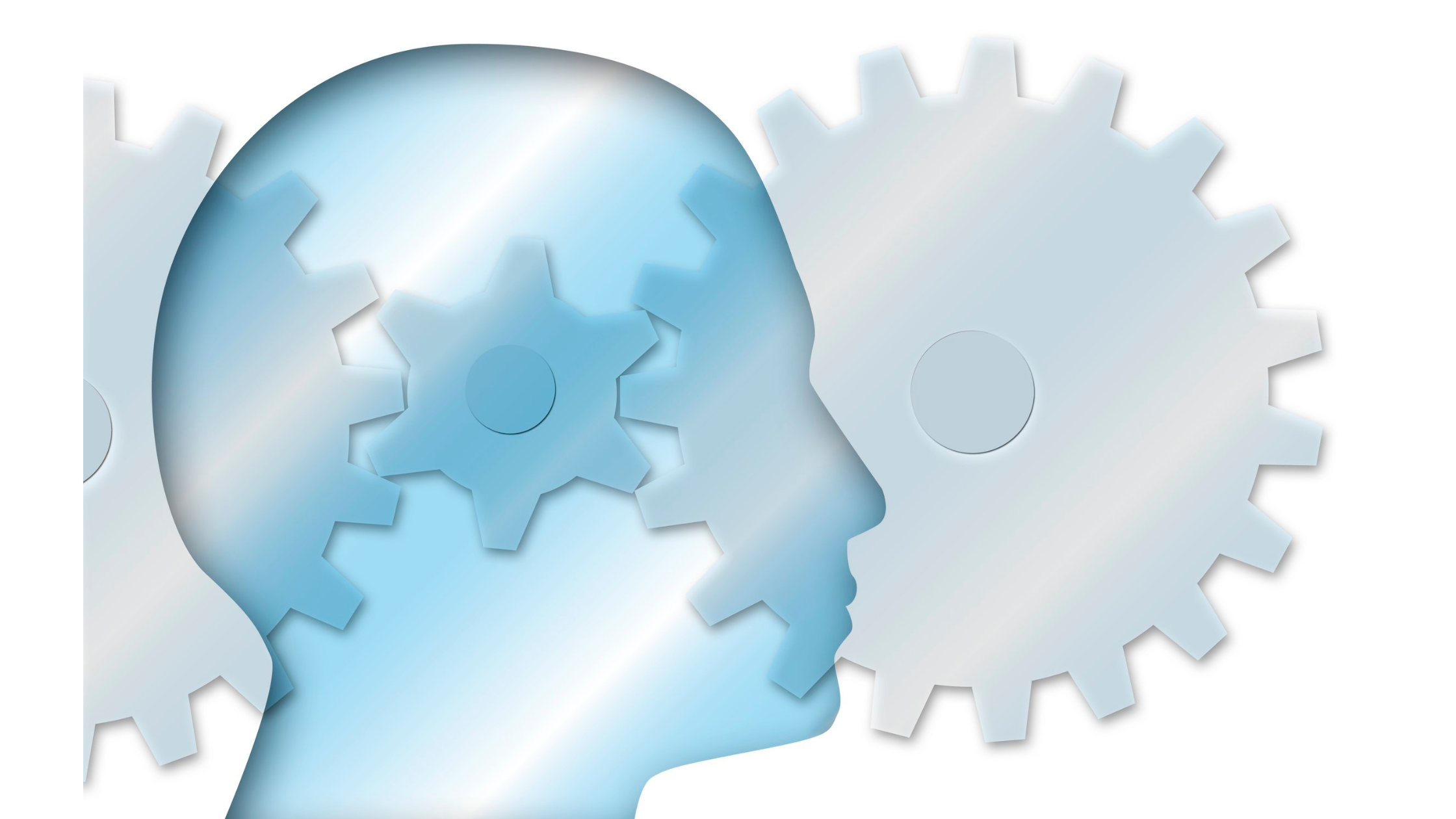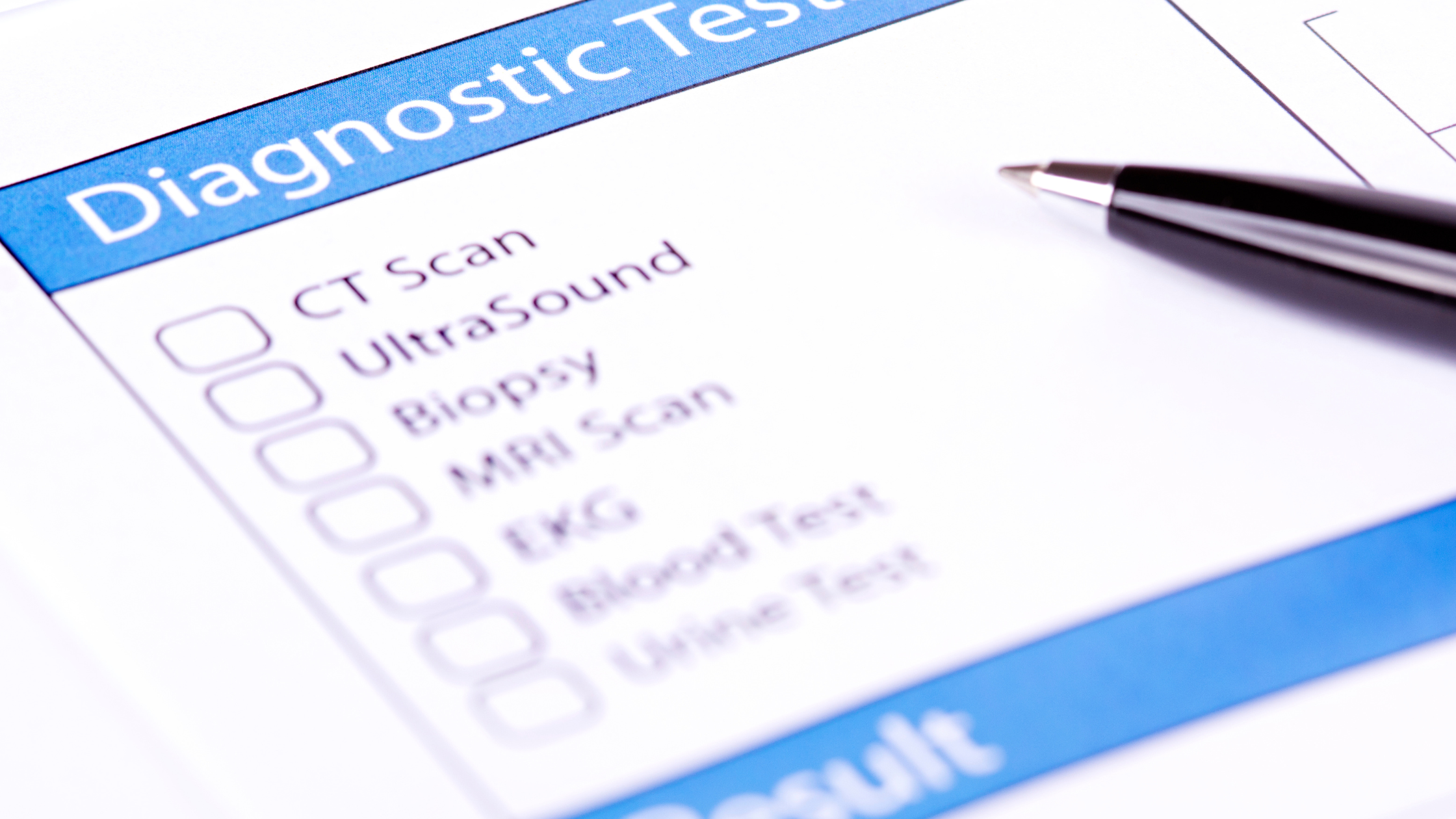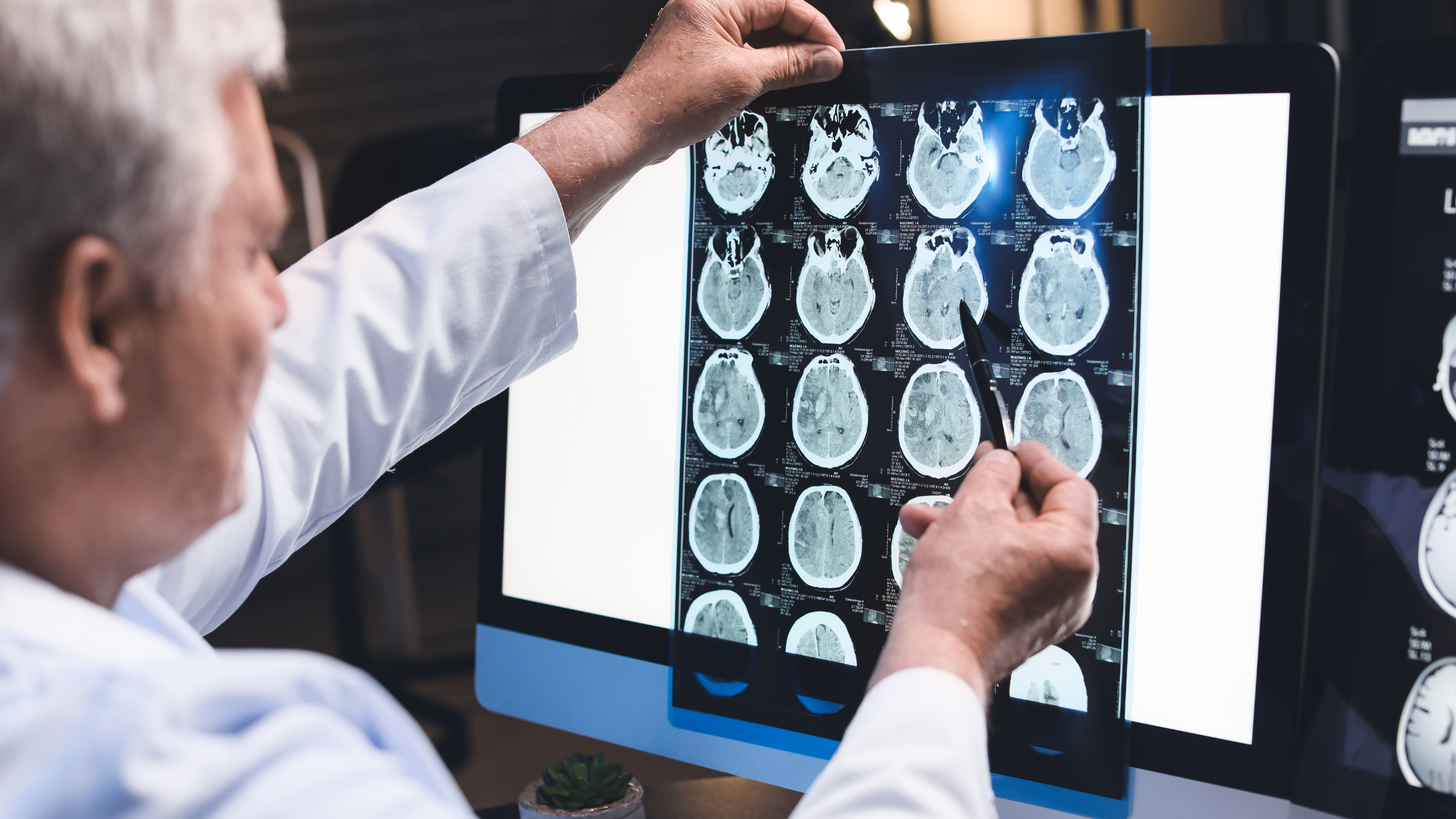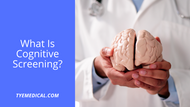What Can Cognitive Screening Show (and When Should You Get It)
Written by TYE Medical on May 7th 2024
Growing older comes with outward signs of aging that you might find difficult to accept. Spotty skin, graying hair, and an achy body aren’t exactly perks of aging. But changes are unavoidable, even when it comes to your brain.
Did you realize that your brain shrinks with age? This process begins as early as your 30s and 40s. This shrinkage also affects your learning and memory center, known as the hippocampus. Age-related decline also decreases blood flow to your brain while increasing inflammation. Communication between nerve cells (neurons) becomes less effective as you age.
While you might not look or feel as well as you once did, your brain is also experiencing changes. While this might all seem bleak–it’s just a normal part of aging most of the time. Age-related cognitive decline happens gradually for most people.
Sometimes neurodegenerative changes aren’t aren’t so normal in older adults. Cognitive screens at the right time can help you catch declines early and even address underlying causes to slow or reverse these negative changes.
What Is Mild Cognitive Impairment (MCI)?

MCI is an early stage of declining cognitive (thinking) function. It usually involves some degree of memory or language loss that is greater than expected at someone's age or health. When you have MCI, you can function in daily life without help, but symptoms can progress until they’re no longer mild. You may eventually require assistance with daily tasks.
Although MCI’s exact cause isn’t known, it’s apparent that certain processes in the brain trigger toxic clumps of proteins to collect, allowing other toxic proteins to damage and kill neurons. For some, this decline is connected to the early stages of dementia or Alzheimer’s, which are considered more advanced cognitive impairment that includes functional impairment (or loss of abilities).
Of course, age increases your risk of MCI but so does a genetic predisposition to Alzheimer’s. Other medical conditions like high blood pressure, diabetes, and depression are also MCI risk factors.
The Benefits of Cognitive Screening

Early detection can be key to stopping or reversing neurodegeneration. Cognitive screening can help you catch negative changes before they cause serious problems. Often, abnormal cognitive decline has underlying causes that can be addressed, such as medication side effects or nutritional deficiencies. And both lifestyle changes and new medications can slow the progression of dementia if detected in the early stages.
What Is Cognitive Screening?

Cognitive screening includes testing assesses different aspects of your mental functions with the purpose of detecting any problems with thinking, memory, problem solving, language, and other cognitive abilities.
This type of screening is usually brief, like a questionnaire. But it’s not used to diagnose a condition and is instead a means of determining if you need further evaluation to make a diagnosis. It's evaluating whether you’re experiencing difficulty with mental functions before you or those close to you notice there is a problem. Think of it as a pre-assessment or preliminary step.
When Is the Best Time for Cognitive Screening

Best rule of thumb: don’t wait. Once you’re noticing memory problems that are disrupting your life, you’re already past the screening stage. At that point, it’s time for diagnostic testing to determine the specific cause and treatment. You should get a screening to make you aware of what is not yet noticeable, something that might be lurking but correctable, something to be addressed to prevent further decline.
You might wonder when to get your first assessment. It’s reasonable and worthwhile to get one at age 65 when you enroll in Medicare. It should be included in your annual wellness checkup, but be sure to confirm this or ask your doctor. This is especially if you haven’t had any symptoms prior to age 65. But if you’re in tune with your body and feel like something is off, even without obvious symptoms, it’s reasonable to get screened prior to 65.
Your primary care physician can perform a cognitive screening if there is no reason why you should see a specialist.
What Is the Cognitive Screening Process?

It’s typically about 10 minutes or less and covers three assessments:
- Montreal Cognitive Assessment
- Mini-Mental State Exam
- Saint Louis University Mental State Exam
You can expect to be asked brief questions without any prior preparation. For example, during the Mini-Mental State Exam, you will be given three words and are asked to repeat them after a few minutes. You will also need to draw a circular clock and position the hands at a specified time. Other tests assess your “orientation” to ensure you know the date, your name, and where you are. These tests include questions to evaluate your:
- Attention span
- Short-term learning abilities
- Both short- and long-term memory
- Concentration
- Language abilities
These screenings are designed to assess different areas of brain function.
Can You Do Online Screenings at Home?

The most reputable, do-it-yourself, online cognitive screening is the Self-Administered Gerocognitive Exam (SAGE). It’s a short, written exam that can be taken at home and doesn’t require a trained professional to administer. It takes about 10-15 minutes to complete. It measures a range of abilities like reasoning, memory, language, and orientation.
However, you don’t get immediate results, because you don’t determine the results yourself. There is no answer key or way to score it on your own. It’s designed to be completed and given to your primary care physician who will score it and interpret the results. It will be up to your doctor to determine if you need further examination.
What Happens After Cognitive Testing?

For many people, cognitive testing yields positive results and requires no further evaluation. But you may need further testing if the screening indicates a degree of cognitive impairment. If this is you, don’t panic. Not everyone with mild cognitive impairment (MCI) has or will develop dementia.
According to the Mayo clinic, only about 10-15% of people with MCI later develop dementia. Many underlying causes can be addressed, like thyroid problems, sleep issues, and vitamin deficiencies like B12. When you treat these causes, your brain impairment is likely to improve.
Sometimes a brain scan is necessary to determine if you have inflammation, tumors, or small strokes. It can also detect infection and structural problems in the brain.
What Does an MCI Diagnosis Mean?

If you get an MCI diagnosis, you can think of it as the stage between normal cognitive decline (due to aging) and more concerning decline like dementia. But remember, MCI doesn’t mean that dementia is inevitable. As mentioned previously, most people with MCI don’t move into the more serious state of cognitive decline, known as dementia.
But it’s not easy to distinguish between MCI and the typical effects of aging on the brain. It’s not uncommon for doctors to completely miss an MCI diagnosis. While having MCI is a risk factor for dementia or Alzheimer’s disease, these conditions aren’t inevitable. It’s possible for your MCI symptoms to remain the same or improve.
Talk to your doctor about lifestyle changes that can help slow declining mental function.
Recommended Lifestyle Changes for Improved Brain Health

Boosting brain health means taking steps that improve your health in general. In fact, you’ve probably heard most of these recommendations before.
- Quality and sufficient sleep
- Exercise
- Nutritious diet
- Socialization
This is not headline news, but adopting these healthy habits can have a notable impact on your cognitive health. For instance, sleep is crucial, because during this time your body removes toxins from your brain, which is key to preventing dementia and Alzheimer’s.
Concerning diet, experts recommend a Mediterranean-style diet for brain function. This would include diets like the original Mediterranean Diet, the MIND Diet, and the Mediterranean-DASH Intervention for Neurodegenerative Delay). These eating plans involve less red meat and more produce. People who eat according to these plans have fewer signs of Alzheimer’s according to a study sponsored by the National Institute on Aging.
Despite the importance of all these lifestyle factors, the addition of exercise has the strongest evidence for improving various cognitive functions. This is according to a review of 65 research studies.
What If You Need Medication for MCI?

Sometimes, it takes more than lifestyle changes to effectively battle MCI and stave off early on-set Alzheimer’s disease. Medications can help slow both MCI and Alzheimer’s, but this is a decision for you to make with your doctor.
Medication to consider include:
- aducanumab (Aduhelm)
- lecanemab (Leqembi)
- donanemab (likely to be approved soon)
You and your doctor can weigh the benefits of medication against the side effects.
Cognitive Screening Is a Tool Worth Using

When you turn 65 and are enrolled in Medicare you can take advantage of cognitive screening during your annual wellness visit. The cost should be included in the annual exam. But not all seniors get their annual physical and miss this “free” cognitive screening. And some who do get an annual physical through Medicare claim they never got the screening. Be sure to ask about cognitive screening when you schedule your annual physical with your Medicare plan.
You can be proactive in preventing mild cognitive impairment and the onset of dementia but there are no guarantees. Cognitive conditions like dementia and Alzheimer’s have a genetic component that you cannot change. But you may be able to delay the onset with good lifestyle habits like regular exercise, good sleep, socialization, and a Mediterranean-style diet.


